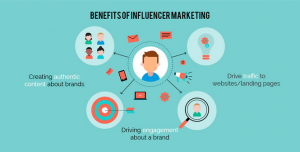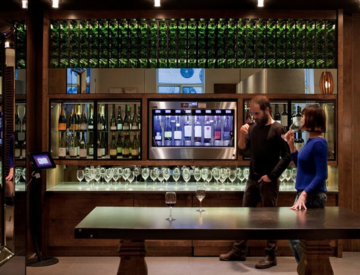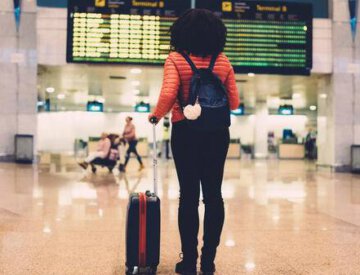I finished off last year by sharing 17 hotel marketing trends for 2017, so I thought it would make sense to begin this new year with a blog post focusing on one of these trends: Influencer Marketing for hotel.
Interested in this topic? Check out our webinar Influencer marketing best practices
Certainly a topic that has seen continuous growth and interest by destinations and various hospitality marketing practitioners alike. It allows engaging with YouTubers, Instagramers and other travel bloggers and their respective audiences in ways that traditional paid media would not necessarily allow.
Read also: The 4 Golden Rules of Influencer Marketing
Influencer marketing is here to stay
Why is influencer marketing such a hot topic, you may ask? Well, it’s mostly a matter of authenticity, or at least perceived authenticity. Paid media, from newspaper ads to web banners or even social media promoted posts, is often perceived as less credible than reviews generated by peers or fellow travelers.
In fact, according to a study by Bloglovin (2017), 88% of customers will trust online reviews by strangers as much as they would recommendations from friends.
And with the rise of YouTubers and Instagramers, with their own niche critical mass of followers, it’s no wonder to see 70% of teenage YouTube subscribers say they relate to YouTube creators more than celebrities (Google, 2017).
So how can hoteliers and hospitality marketers embrace and make the most of influencer marketing? This neat infographic created by the folks at Killarney Hotels shows the basic elements that should be taken into consideration when it comes to crafting an effective influencer marketing strategy.
Having said that, influencer marketing should never be considered a stand-alone tactic and ought to be integrated as part of your marketing communication mix, along with newsletter push, social media posts and blog articles.
Have results in mind
Failing to do so will most likely result in under-achieving performances and misplaced expectations. Bear in mind also that not all hotels may want to embrace influencer marketing, as recently shown by a luxury hotel in Dublin that chose to ban all social media influencers.
A bit extreme? Certainly, but it shows there are varying opinions out there, and varying degrees of appreciation for what influencers can bring to a hotel’s marketing communication mix.











Leave a Reply